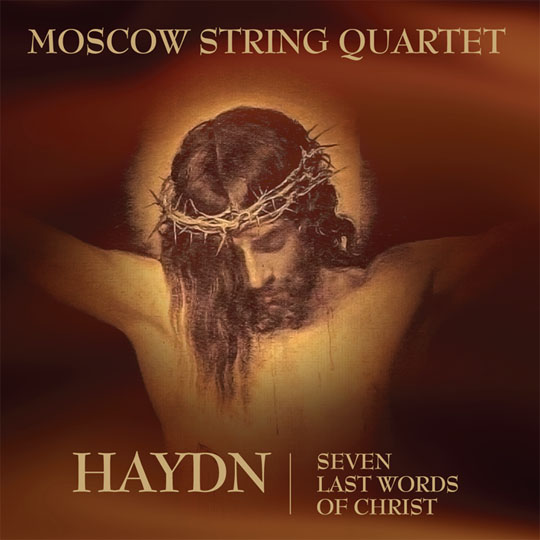
In preparation for a Lenten series,  I’ve been reading through Stanley Hauerwas’ Cross Shattered Christ: Meditations on the Seven Last Words, and I must say, despite my aversion to (so-called) “Christian Ethics,” this book is a perfect reading companion for anyone and everyone looking to spend Lent contemplating the deus absconditus–the hiddenness of God.
I’ve been reading through Stanley Hauerwas’ Cross Shattered Christ: Meditations on the Seven Last Words, and I must say, despite my aversion to (so-called) “Christian Ethics,” this book is a perfect reading companion for anyone and everyone looking to spend Lent contemplating the deus absconditus–the hiddenness of God.
At the heart of Hauerwas’ reflections lies an idea to which we here at Mockingbird are very sympathetic; namely, the fact that we are the objects of God’s power and action in the world. According to Hauerwas, on account of the Cross, “Christians are forbidden from ever assuming they possess rather than are possessed by the God they worship.”
This  insight mirrors that produced by the proper distinction between law and gospel, because it is out of the reality of human life lived under God’s law, lived in what Luther termed Anfechtung—torment (among a host of alternate translations)–that the Gospel calls forth “Faith, [as] the assurance of things hoped for, the conviction of things not seen. (Heb. 11:1). And nothing calls for faith like taking seriously the cry, “Eloi, Eloi, lema sabachthani?—My God, my God, why have you forsaken me?”
insight mirrors that produced by the proper distinction between law and gospel, because it is out of the reality of human life lived under God’s law, lived in what Luther termed Anfechtung—torment (among a host of alternate translations)–that the Gospel calls forth “Faith, [as] the assurance of things hoped for, the conviction of things not seen. (Heb. 11:1). And nothing calls for faith like taking seriously the cry, “Eloi, Eloi, lema sabachthani?—My God, my God, why have you forsaken me?”
 first of the seven last words is no different, because in, “Father, Forgive them, for they know not what they do”(Luke 23:24), we see a statement that puts us squarely in the hands of the living God. This is not “forgive those who are truly sorry,” or “forgive those who acknowledge and bewail their manifold sins,” or “forgive those who were really well-intended.” No, this is Jesus’ intimate prayer to his Father, bypassing us entirely.
first of the seven last words is no different, because in, “Father, Forgive them, for they know not what they do”(Luke 23:24), we see a statement that puts us squarely in the hands of the living God. This is not “forgive those who are truly sorry,” or “forgive those who acknowledge and bewail their manifold sins,” or “forgive those who were really well-intended.” No, this is Jesus’ intimate prayer to his Father, bypassing us entirely. is why justification is sola fide–by faith alone—because it is not only by faith that we are forgiven, it is by faith that we can “acknowledge and bewail our manifold sins.” It is only by faith that we can come to believe that we do not, in fact, know what we are doing, and are forgiven on behalf of Jesus and his death. The “presence of god’s absence” is realized wherever people know that they are forgiven, despite not knowing what they do.
is why justification is sola fide–by faith alone—because it is not only by faith that we are forgiven, it is by faith that we can “acknowledge and bewail our manifold sins.” It is only by faith that we can come to believe that we do not, in fact, know what we are doing, and are forgiven on behalf of Jesus and his death. The “presence of god’s absence” is realized wherever people know that they are forgiven, despite not knowing what they do.
COMMENTS
2 responses to “325 Days of Lent: "Father Forgive Them. . . "”
Leave a Reply













This is an interesting perspective on the "for they know not what they do" line. I recall PZ (correct me, PZ, if I am wrong) teaching that this line was probably inserted by someone who was nervous about Jesus issuing a blanket, unconditional "forgive them, period" from the cross. Your interpretation preserves the integrity of the text, while not converting the statement into a form of "conditional" forgiveness. (forgive them BECAUSE they are doing this out of ignorance) I like it.
ps, Do you mean "we are the objects of…" rather than "we are the subjects of…)?
haha. . yes! Thanks for catching that typo Michael—a case of subconscious projection if ever there were one:)